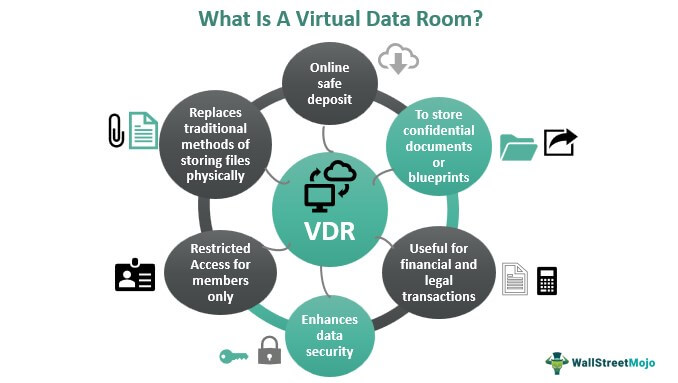In the world of technological changes, it is impossible to develop a business environment without practical tips and tricks. As such state-of-the-art technologies are reasonable for most business processes, we would like to offer to pay attention to some vital applications for specific business needs. If you are ready to get such abilities, stay with us!

It goes without saying that different organizations, especially from various spheres, are searching for the most practical software solutions for business. Nevertheless, it is possible as it all depends on business owners’ actions for progressive companies’ future. In this case, to get the most convenient software solutions for business, consider such factors as:
- start from analyzing business needs where software could enhance efficiency, and productivity, or address specific challenges;
- budget and its readiness for further costs and ongoing maintenance, support, and potential customization expenses;
- assess the level of customization the software allows, mainly based on unique needs, the ability to tailor the software to specific requirements can be crucial;
- prioritize security features and compliance with industry regulations. Depending on your industry, there may be specific security and compliance standards that the software must meet.
When leaders focus on such aspects, every leader will be on the right track for getting the most partial software solutions for business.
The role of virtual data room providers
As every corporation works with a wide range of materials, it should be used only as the most secure tool for uploading and downloading materials. They play a pivotal role in various business processes, offering a centralized platform where stakeholders can collaborate, share information, and conduct dynamic working processes.
Here are the advantages of virtual data room providers that are going to be implemented by directors.
Firstly, providers provide a secure environment for storing and organizing confidential documents, ensuring that sensitive information is guarded from unauthorized access.
Secondly, enables controlled and audited sharing of documents with external parties, such as investors, legal teams, and other collaborators.
Thirdly, collaboration tools like remarking, and annotation features, allow stakeholders to communicate and collaborate efficiently.

Such benefits will save time and expand more employees’ actions for presenting the most unconventional results for overall business progress. As it maintains version control, ensuring that users access the most up-to-date versions of documents during critical business processes. In particular, such ability will be available only for responsible managers or leaders to have overall awareness of employees’ business processes.
It may provide valuable insights and benefits for individuals or businesses looking to select an appropriate VDR provider for their specific needs. Reading reviews allows you to compare different VDR providers. Users often discuss why they chose one platform over another, providing valuable information for making informed comparisons based on your specific requirements. Another positive outcome of getting the main information from reading about vdr is getting insights into the ease of user training and onboarding processes. Understanding how quickly users can become proficient with the platform is essential for a smooth transition during implementation.
Furthermore, when leaders read reviews about vdr, it will be understandable the total cost of ownership helps businesses make informed budgetary decisions. As business owners are focusing on clients and fulfilling their potential, it has to be concentrated on efficient and responsive customer support is essential, especially when dealing with critical business transactions. When business owners read views about vdr can provide insights into the quality of customer support, including response times, problem resolution, and overall satisfaction with the support team.
In all honesty, it all depends on business improvement, that following our information make an informed choice. Save time and get more possibilities at the same time.



